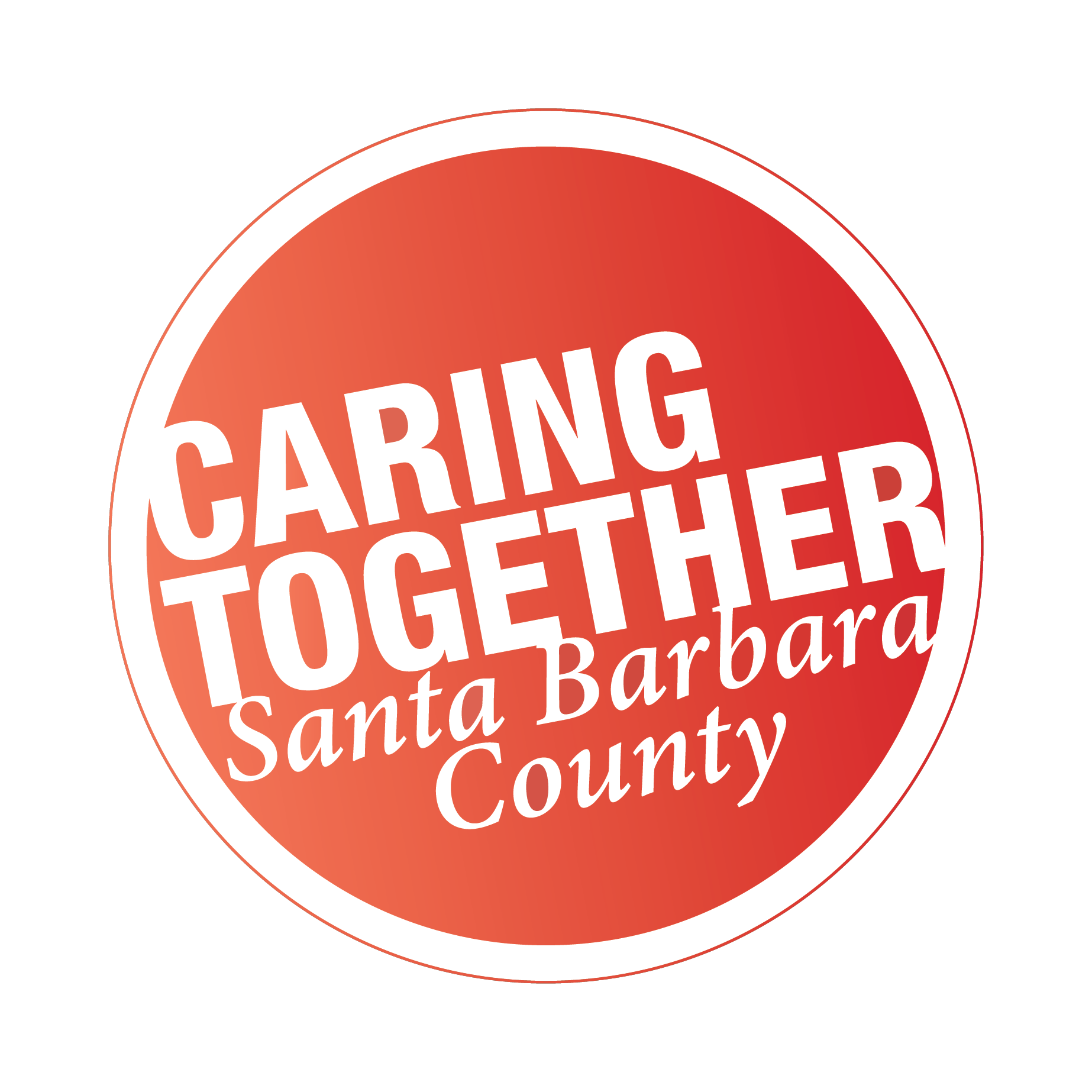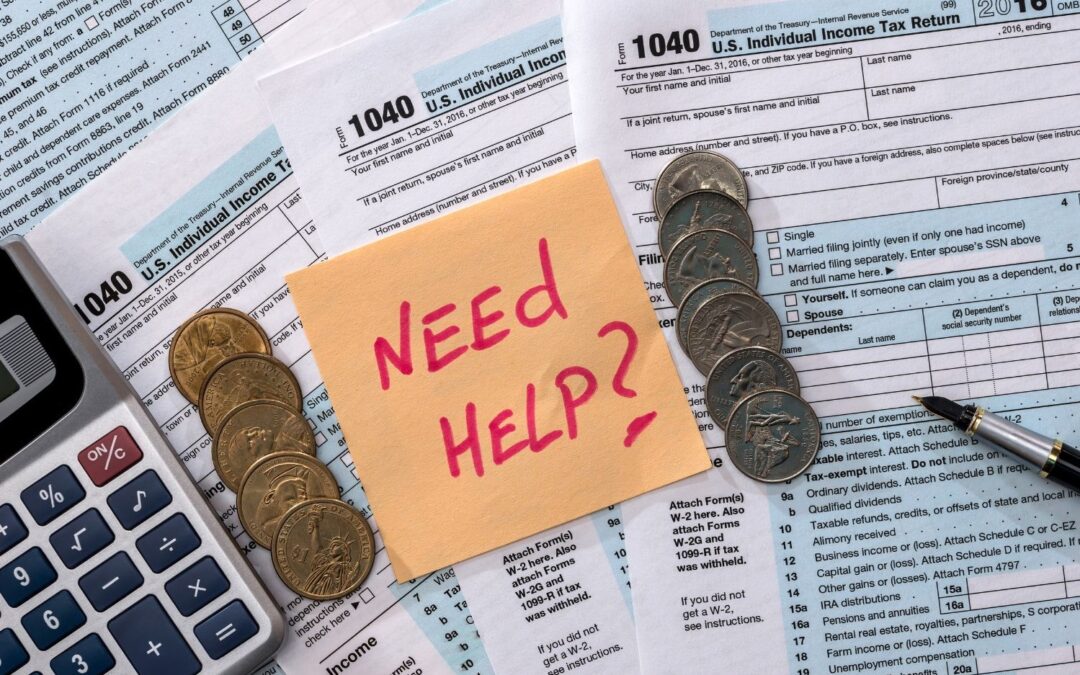By Hilda Zacarias, CPA, MPA
Executive Director, Community Partners in Caring
It’s already March! Some of us already completed our taxes and some are wondering “where do I go?” As we age, it is not clear if we must prepare a tax return. Because everyone’s situation is different, it is helpful to know that you can get assistance without having to break the bank. You may also be eligible for tax credits to help ease the tax bill.
Fortunately, there are two great programs that can help you at no cost. The United Way’s MyFreeTaxes.org program and AARP’s Tax-Aide. Both offer free services if you do not already have a tax professional. Note that if you have a complicated tax situation, you may not qualify for these free services. We are lucky to have these volunteers to help us understand what we need to do!
The VITA (Volunteer Income Tax Assistance) program is a free tax preparation service for Santa Barbara County residents who make $67,000 or less a year, don’t have rental properties, or business income/expenses of over $10,000. Tax returns are prepared and electronically filed by IRS-certified volunteers for qualified individuals or families. Tax preparation is available year-round. The VITA tax preparer can assist with general tax information, tax preparation, and filing, along with ITIN applications and renewals.
All sites are walk-in only unless otherwise noted. Volunteers stop taking new clients an hour before closing time. For more information on eligibility, filing, or participation in the program, please visit www.myfreetaxes.org to schedule an appointment (for North County) or call United Way office at 805-965-8591 (for South County).
The AARP Foundation, in partnership with the IRS, is also providing free federal and California income tax preparation including free e-file service. All appointments are first come first serve. Taxpayers need to bring photo identification, social security cards and last year’s tax return along with 2023 tax documents they have received (W-2, 1099, etc.) Visit the Goleta Community Center (5679 Hollister Ave), behind the main building at the Senior Center, on Fridays from 9 a.m. to noon and from 1-4 p.m. through April 12, 2024. You can also visit the Santa Barbara office (320 E. Gutierrez St.) on Tuesdays or Wednesdays from 1-4 p.m. through April 10. AARP services are also offered in Lompoc (Dick Dewees Community Center) on Mondays and Fridays from 10 a.m. to 2 p.m. Call 1-888-227-7669 for more information.
For those of you who are interested in more specific tax topics, continue reading:
Family Caregivers and Self-Employment Tax
Special rules apply to workers who perform in-home services for elderly or disabled individuals (caregivers). Caregivers are typically employees of the individuals for whom they provide services because they work in the homes of the elderly or disabled individuals and these individuals have the right to tell the caregivers what needs to be done. Family members may or may not provide these services. If the caregiver employee is a family member, the employer may not owe employment taxes even though the employer needs to report the caregiver’s compensation on a Form W-2. For more information, ask your tax preparer or visit www.irs.gov.
Tax credit for ‘other dependents’
Taxpayers have long been able to claim a tax credit for children up to age 13 or a disabled child of any age. Unlike a deduction, which lowers your taxable income, a tax credit directly reduces your tax bill. The 2017 federal tax law expanded the Child Tax Credit (CTC) to allow taxpayers to claim up to $500 as a nonrefundable Credit for Other Dependents, including parents in your care. Under this provision, in effect through the 2025 tax year, the Internal Revenue Service allows family caregivers to claim some individuals related by adoption, blood or marriage — and even some friends — as other dependents on their federal tax return. The IRS has an interactive tool to help you determine if a dependent qualifies you for a tax credit.
IHSS Income Exemption – if you have a person living with you who is also providing care for you through the In-Home Support Services Program, their income may be EXEMPT from tax! This can make a tremendous difference, be sure your caregiver contacts IHSS and requests a waiver because they live in the same home as their care recipient. Visit the IRS website Certain Medicaid Waiver Payments May Be Excludable from Income for more information.
Earned income Credits and California Earned Income Credit – If you are still working and meet income guidelines you can receive a refundable credit from both the IRS and the State of California – If you still have dependent children or grandchildren, you may qualify for additional amounts. Be sure to work with your tax preparer to maximize all benefits.
Don’t wait until the last minute for tax preparation – Tax deadline is APRIL 15, 2024!



Excellent information! Thank you so much, Hilda!!